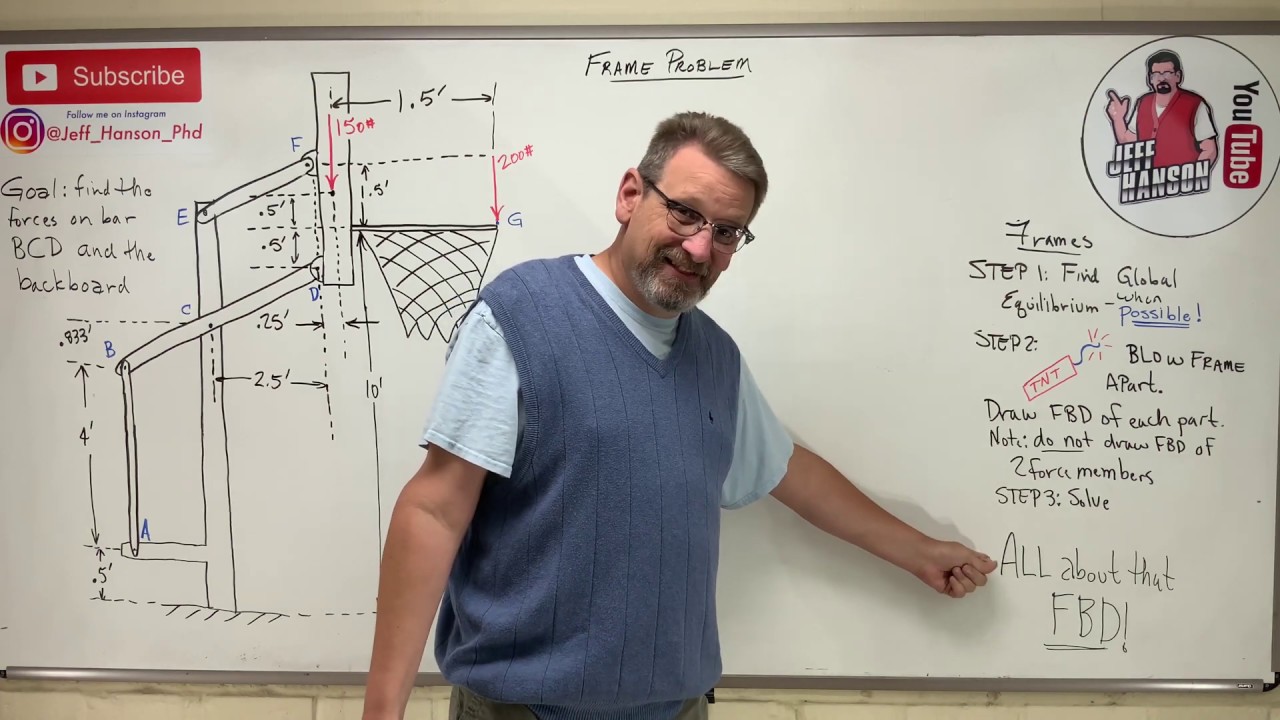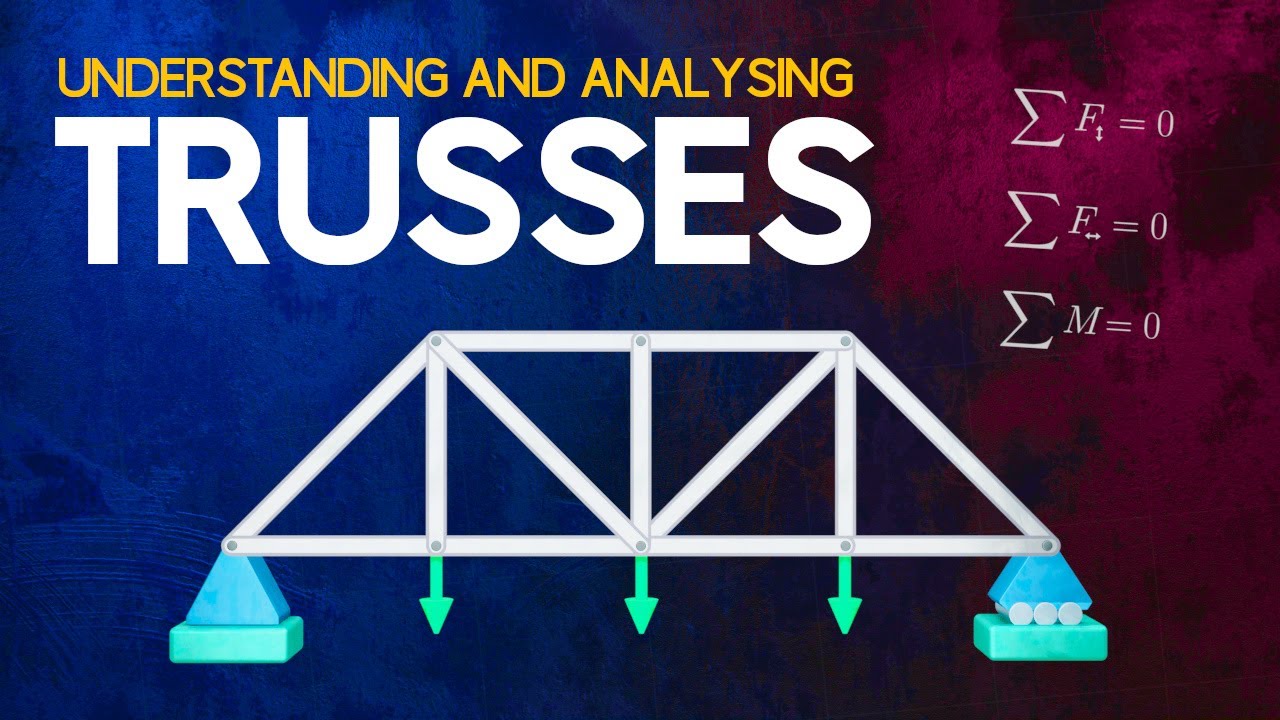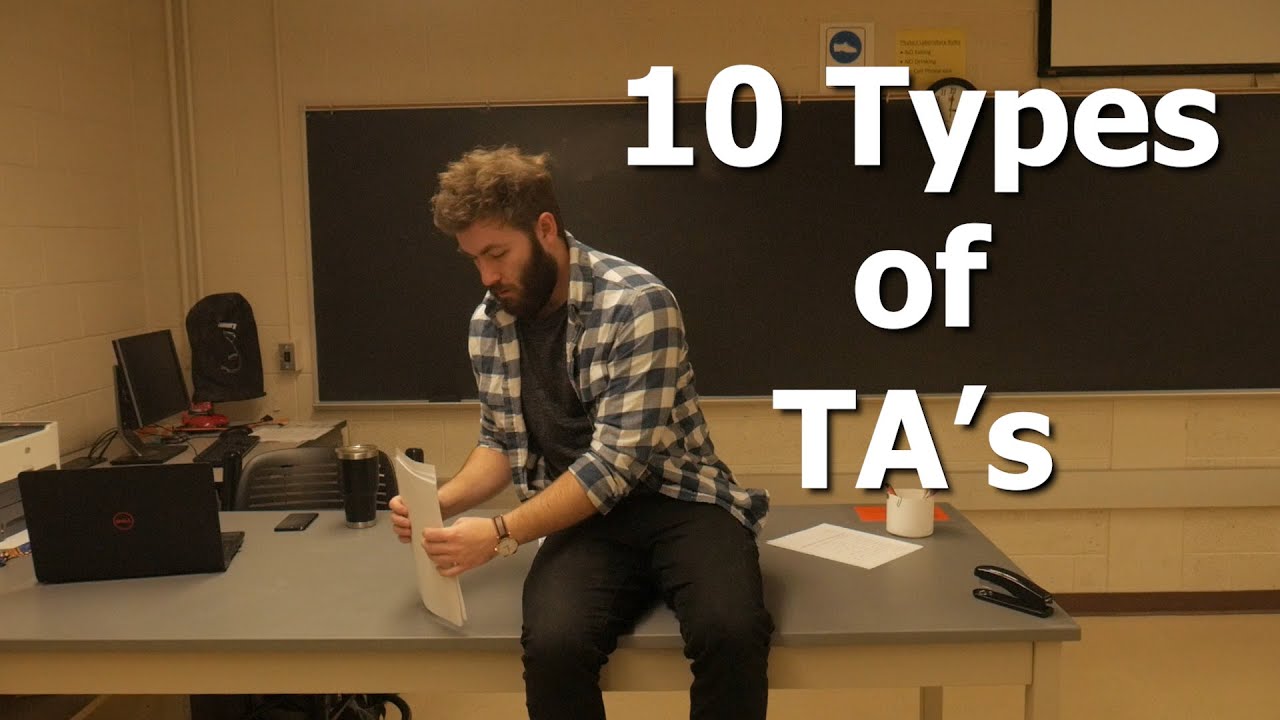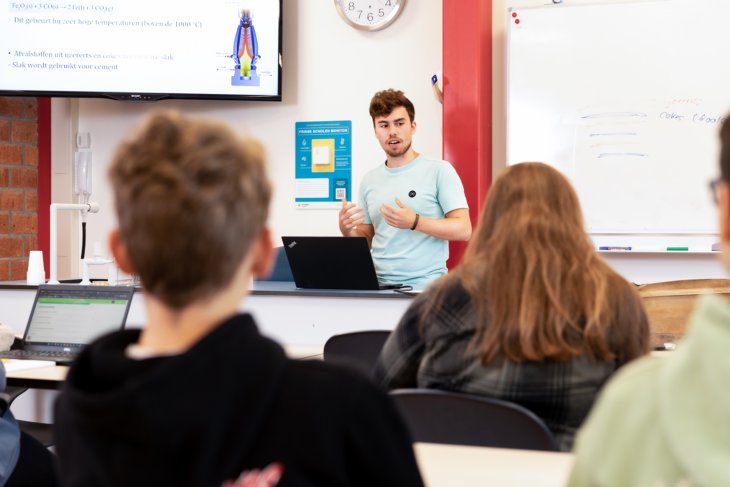1. Mathematics
Mathematics is the foundation of every technical study. I think I can speak for a lot of us when I say that the Organic Chemistry Tutor has helped us with quick (and technically correct, AKA the best kind of correct) solutions to our homework assignments. Struggling with Calculus 1A? Organic Chemistry Tutor’s got you. General physics? He’s going to give you all the necessary formulas. Chemistry? Don’t get me started.
That said, there are a couple of other channels worth mentioning. While Organic Chemistry Tutor is good at problem-solving, he’s not very focused on showing how things are the way they are. To help with this, 3blue1brown is amazing for cool visuals and really helps you understand concepts using images and videos.
2. Mechanical Engineering
As a Mechanical Engineering student, I’ve spent countless hours searching for and watching YouTube videos to explain certain concepts, problems, or just to look at cool processes. The first channel that stuck out to me, however, was Jeff Hanson – more specifically, his short lectures and problems on statics, mechanics of materials, and dynamics. If you’re in your first or second year of Mechanical Engineering, this channel is a must-watch.
For thermodynamics, the book that is recommended by the university does just fine, but LessBoringLectures has some nice videos that skip all the explanation and get straight to problem-solving, so if you’re looking for a quick refresher I would definitely recommend watching them.
Another notable course you’ll get is material science, which can be a tough one to understand if you don’t know what you’re looking at. I found the videos of Taylor Sparks incredibly helpful, especially his short explanations on each sub-topic. Billy Wu is also great for more advanced topics which you’ll cover later on in the course.
3. Electrical Engineering
A very popular channel related to Electrical Engineering is ElectroBOOM, who is characterised by his (seemingly) dangerous experiments and his astonishing ability to survive them. However, he emphasises that there is always something you can learn from experiments, so watch carefully!
My fellow friends in Electrical Engineering also recommend EEVblog, which explains several important (and difficult) concepts in digestible videos. Another notable channel is Ben Eater, who builds some crazy stuff and breaks it down for his viewers.
4. Chemical Science & Engineering
A channel I keep hearing about is LearnChemE, which is backed by professors at the University of Colorado Boulder. They cover everything from problems and concepts to stuff on Excel sheets (which could be its own branch of engineering, to be fair).
While a lot of these channels cover (essentially) the same things and concepts, it’s a good idea to look at things from different perspectives or angles if you didn’t get them the first time. The channel Chemical Engineering Guy does just this.
5. Civil Engineering
Even though I recommended him for Mechanical Engineering, Jeff Hanson’s videos still hold up quite well in Civil Engineering, as a lot of the concepts overlap.
The Efficient Engineer also covers a lot of general engineering concepts, but his civil stuff is great. Real Engineering also does the same, but they also do videos on specific structures or machines, which is really cool.
6. Programming
Programming is a powerful tool used in most engineering disciplines, and there’s no doubt that coding and programming are valuable skills that anyone can add to their arsenal. It’s backed by having one of the widest assortments of resources available, including some truly world-class YouTube channels.
To start, Corey Schafer is one of those channels that gets straight to the point and gives in-depth and high-quality content. FreeCodeCamp.org, Brad Traversy, and Kevin Powell all give amazing tutorials and concepts for different programming languages. Honestly, you can’t go wrong with most programming channels: most of them are extremely enthusiastic about what they do.
7. General concepts
This is for those channels which have no specific educational goal, but still strive to teach nonetheless. If you like to watch cool stuff getting built, Mark Rober always has cool stuff on the way (and he’s probably the most famous engineering channel). Colin Furze is pretty similar, though he doesn’t have an engineering background (even if his stuff is pretty cool). The How It’s Made Channel showcases manufacturing processes (which could be useful for some classes) and explains them as well. Several universities have entire lecture courses for free that you can pick and choose from to watch videos on certain concepts that you missed in your lecture, like MIT’s OCW, for instance.
Veritasium, while not strictly an engineering channel, is still an extremely interesting science channel overall. The same can be said for Kurzgesagt, Vsauce and PBS Space Time. If you want some funny videos, blackpenredpen and Flammable Maths are chaotic problem solvers, while Zach Star and Andrew Dotson make relatable skits for students.
The internet is a vast resource that can be used as a powerful tool for university, so make sure to use it often, and to use it well! And also remember: you don’t need to be confined to only YouTube. Do your own research and find what suits you best – the videos out there are great, but if you don’t practice along with them, then you won’t improve. Good luck!







